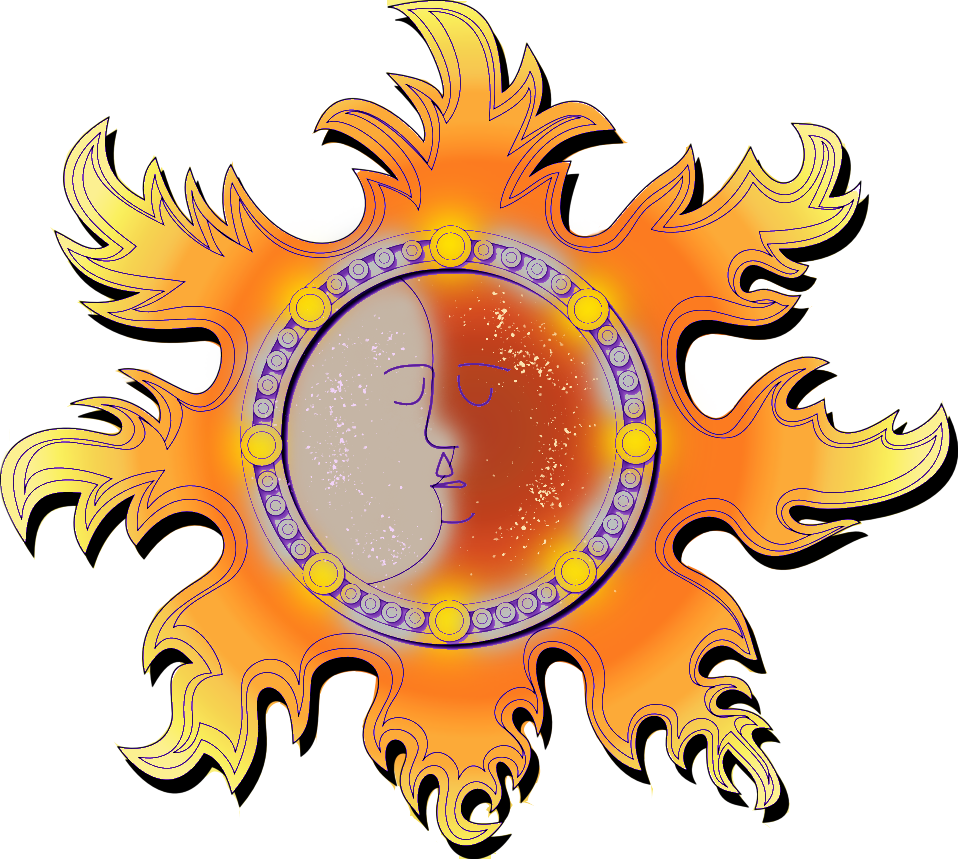Mirrored Controversy: Mabon, the God & Holiday
- Acorn
- Sep 11
- 3 min read
I covered much of Ostara's origin story in a prior article - what I didn't touch on were how the broader modern similarities between the vernal and autumn equinoxes tie them together. Mabon being celebrated as a formal holiday is a modern pagan development, just like Ostara. While the autumn equinox itself has clearly been recognized across cultures for millennia, the holiday name "Mabon" and some celebrations and associations with this Sabbat were developed during the revival and reconstruction of pagan traditions in the mid-20th century.
After Wicca was founded in the 1940s, there was a long period of research and creation during which Wicca's traditions were born. As a founder of the New Reformed Orthodox Order of the Golden Dawn (NROOGD)), Aidan A. Kelly found himself in a key position to frame the Sabbats for a new generation of pagans in the 1970s. He wanted a name and an association that mirrored the themes of death and rebirth that he noticed were associated with the equinoxes in several cultures.
As Kelly describes, "I began looking for a similar sort of myth in northern Europe. I could not find one in Germanic or Gaelic literature, but there was one in the Welsh, in the Mabinogion collection, the story of Mabon ap Modron (which translates as “Son of the Mother,” just as Kore simply meant “girl”), whom Gwydion rescues from the underworld" ("About Naming Ostara, Litha, and Mabon" 2017). In doing so, he kept to Wicca's largely Celtic roots, and he also sowed the seeds for decades of debate, somewhat appropriately mirroring Mabon's vernal counterpart.
As John Beckett (Druid graduate of the Order of Bards, among other things) puts it, "The first problem is that the name has no ties to our ancestors. It’s not “authentic” – and we like authentic....The second problem is that while there was some logic behind Aidan Kelly’s choice, the fact remains that there is nothing in lore or practice that connects Mabon with the Autumn Equinox. Ostara feels genuine, whether it is or not. Mabon doesn’t." Ultimately, though, Beckett concludes, "Like it or not, after 40 years of usage Aidan Kelly’s name has stuck." ("Enough With the Mabon Hate!" 2018)

Pagan writer Kris Hughes doesn't appreciate this, though, and makes it known in a response article titled "Pan-Celtic Hoofbeats: Mabon is a God" (2018) in which she worries that the holiday name possibly waters down the Deity's overall significance - "[They] changed the name of a god into an offhand label for a spoke in our modern Wheel of the Year, and buried Mabon Himself under a pile of late wheat and early pumpkins."
Beckett's conclusion reflects my usual logic - both that belief begets reality (enough people using Mabon as a Sabbat name for a long enough time has carved out space for it to exist independent of the Deity) and that we should accept (if not embrace) change that leads to positive action. Because, ultimately, words are able to embody multiple, sometimes conflicting, definitions (e.g., "bound" is both heading out somewhere and being restrained from movement). Most people can navigate names that are made up of words with non-name definitions - we read the name "Meadow" with a different mental footnote than the name "John," for instance. This, therefore, makes me believe that modern practioners are able to distinguish between Mabon as a Sabbat and Mabon as the God, and are able to choose how to celebrate from there.
However, Hughes wisely reminds us to be careful with how we go about assigning names, how we define our Sabbats, and what we center our Work around. She doesn't quite frame this as a compromise, but it's how I read it when she writes, "...teach new Pagans about the god Mabon, and why He got picked for these new duties." Other writers simply ask practitioners to use a different Sabbat name entirely, citing the English holiday "Harvest Home" as a very real celebration for centuries (despite also not being associated with the autumn equinox) ("The Triumph of Mabon," by Jason Mankey, 2017).
Whether or not you personally celebrate Mabon on Mabon, try to understand and appreciate why others may use a different name or Work. Diversity in practices across our communities allow for a larger variety of traditions to exist and make it to the next generation. We should not diminish the joy someone might feel under the autumn sun or moon - or the still moments that will hang in their balance - regardless of what words they say (again, so long as they harm none). More Gods being celebrated is never a bad thing - for there is no greater magic in all the world than that of Love!
Blessed Be!
By Acorn, 1°




Comments